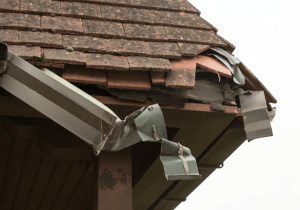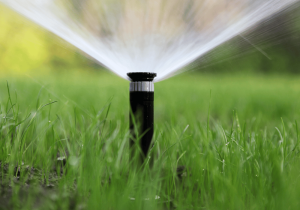Home inspections are often associated with the buying and selling process, but the truth is, they’re just as critical for maintaining a home in top condition. At AL Home Inspections, our mission is to help homeowners protect their investments by identifying issues before they become costly problems. While inspections are beneficial year-round, summer offers unique advantages that make it an ideal time to schedule one. From assessing weather-related damage to ensuring your home’s systems are running smoothly, a summer inspection can bring peace of mind and long-term savings.
Detecting Weather-Related Damage
 Spring often leaves its mark on homes in the form of heavy rains, thunderstorms, and fluctuating temperatures. By summer, residual weather-related damage becomes more visible, making it the perfect time for a thorough inspection.
Spring often leaves its mark on homes in the form of heavy rains, thunderstorms, and fluctuating temperatures. By summer, residual weather-related damage becomes more visible, making it the perfect time for a thorough inspection.
Roof leaks, for instance, are a common issue after strong spring storms. An inspection can identify damaged shingles, worn flashing, or other weak points on your roof before they lead to water intrusion. Foundations may also show signs of distress during this time, particularly cracks or settling caused by shifting soil from saturated ground. Inspectors will look for these issues, as foundation damage can signal serious structural concerns if left unchecked.
Additionally, siding and exterior walls often endure harsh weather exposure. Inspections during the summer can uncover problems like peeling paint, rotting wood, or cracks in stucco, all of which compromise your home’s ability to resist moisture. Addressing these issues early prevents water damage, mold growth, and a hefty repair bill down the road.
Identifying Pest Infestations
Summer is the peak activity season for pests, which makes inspections during this time invaluable. Warmer weather invites a variety of critters—from termites and ants to rodents—that can wreak havoc on your home. Detecting these infestations early is key to avoiding significant damage.
Subterranean termites are a prime concern. These insects, often called “silent destroyers,” feast on wood and can weaken your home’s structural integrity before you even notice their presence. A professional inspection can uncover telltale signs like mud tubes or hollow-sounding wood, enabling you to act before the infestation spreads.
Ants, another summer nuisance, can invade kitchens, bathrooms, and even electrical systems, causing short circuits and outages if they infiltrate wires. Similarly, mice and rats often seek refuge indoors to escape scorching temperatures. Because rodents can chew through drywall, insulation, and wiring, identifying their entry points through an inspection is critical to keeping them out. By the end of summer, these small invaders may have done significant damage if left undetected, making proactive measures essential.
Evaluating Air Conditioning Systems
Your air conditioning system is the lifeline to a comfortable summer, but it’s also one of the most frequently overworked parts of your home during the season. Ensuring your AC unit functions efficiently is another important reason to schedule a summer inspection.
A key issue inspectors can detect is refrigerant leaks, which reduce cooling efficiency and increase energy costs. Left unresolved, leaks can lead to full system failures requiring expensive repairs. Similarly, dirty coils or clogged air filters can cause airflow restrictions, forcing your system to work harder than it should. An overloaded AC unit not only shortens its lifespan but also causes higher energy bills.
Additionally, an inspection can reveal uneven cooling issues, which are often caused by improper ductwork or issues with the thermostat. Addressing these problems ensures that your home remains cool and comfortable throughout the hot months. Tackling such issues during the summer gives you the opportunity to immediately feel the benefit of repairs, while reducing wear and tear on your AC system.
Assessing Irrigation and Drainage
 Summer is all about outdoor living, but it’s also a season when proper irrigation and drainage systems are critical to preventing water damage. Many homeowners unknowingly neglect these elements, which can cause significant issues over time. Summer inspections help ensure your property’s water management is working as intended.
Summer is all about outdoor living, but it’s also a season when proper irrigation and drainage systems are critical to preventing water damage. Many homeowners unknowingly neglect these elements, which can cause significant issues over time. Summer inspections help ensure your property’s water management is working as intended.
Inspectors will often start by examining gutters and downspouts. Clogged gutters or improper drainage can lead to water pooling around your foundation, increasing the risk of leaks and structural damage. Gutter inspections in summer can highlight blockages caused by spring debris, allowing you to clear them before heavy rains return.
Another area they’ll assess is grading concerns. If your property isn’t correctly sloped, water may flow toward your home instead of away from it. Over time, this can lead to soil erosion, foundation problems, and moisture infiltration into basements or crawl spaces. A summer inspection identifies poorly graded areas so they can be adjusted to divert water more effectively.
Lastly, your irrigation system plays a major role in keeping your landscaping vibrant while protecting your home. Leaks within sprinkler lines or misaligned sprinkler heads can cause water waste and create wet spots near your foundation. Inspectors can check for these issues, allowing you to conserve water and prevent unnecessary damage simultaneously.
Scheduling a summer home inspection is an investment in the safety, functionality, and longevity of your property. From detecting weather-related damage to protecting against pests and ensuring efficient systems, inspections offer countless benefits that pay off in peace of mind and reduced repair costs.
At AL Home Inspections, we specialize in providing thorough assessments tailored to seasonal needs, helping homeowners identify and address issues early. Contact us today to schedule your summer inspection or request a quote. We’re here to help you keep your home in peak condition year-round.

